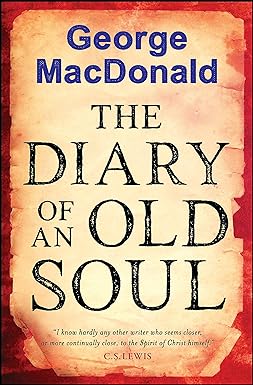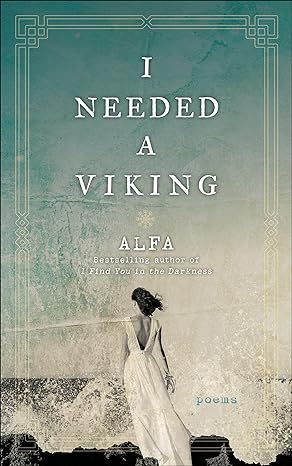
The Diary of an Old Soul
The Diary of an Old Soul is a novel written by George MacDonald. In this volume of verse, MacDonald offers a poem for every day of the year; each is intended to prompt introspection and prayerful contemplation. This book, which unites grief and hope in hard-won faith, contains a poem for every day of the year. In her own 7-line, 3-rhyme, 10-syllable pattern, Aberlin created a unique mixture of recurring themes and images drawing from Judaism, Christianity, and her experiences as an actress and artist. Her vision is fresh and honest, revealing a keen observation of nature and human nature, from the exhilaration of faith, hope, and love to the despairs of war, rejection, and failure. George MacDonald (1824-1905) was a popular Scottish lecturer and writer of novels, poetry, and fairy tales. Born in Aberdeenshire, he was briefly a clergyman, then a professor of English literature at Bedford and King's College in London. W.H. Auden called him "one of the most remarkable writers of the nineteenth century."
BEST DEALS
About the Author
George MacDonald was a Scottish author, poet, and Christian minister.
He was educated at Aberdeen University and after a short and stormy career as a minister at Arundel, where his unorthodox views led to his dismissal, he turned to fiction as a means of earning a living. He wrote over 50 books.
Known particularly for his poignant fairy tales and fantasy novels, MacDonald inspired many authors, such as G.K. Chesterton, W. H. Auden, J.R.R. Tolkien, C. S. Lewis, and Madeleine L'Engle. Lewis wrote that he regarded MacDonald as his "master": "Picking up a copy of Phantastes one day at a train-station bookstall, I began to read. A few hours later," said Lewis, "I knew that I had crossed a great frontier." G. K. Chesterton cited The Princess and the Goblin as a book that had "made a difference to my whole existence."
Elizabeth Yates wrote of Sir Gibbie, "It moved me the way books did when, as a child, the great gates of literature began to open and first encounters with noble thoughts and utterances were unspeakably thrilling."
Even Mark Twin, who initially disliked MacDonald, became friends with him, and there is some evidence that Twain was influenced by MacDonald.












